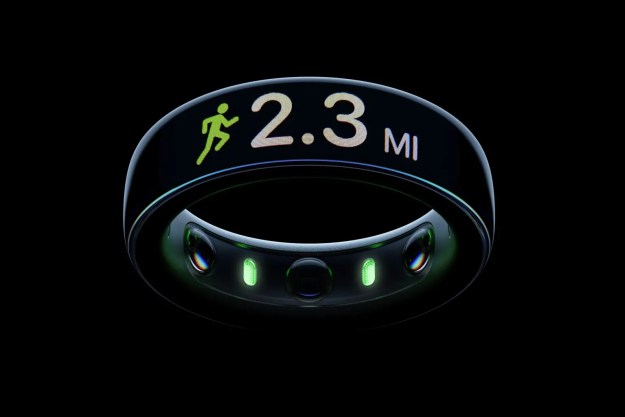The key to the KardiaBand is AliveCor’s SmartRhythm technology, a new feature within the Apple Watch’s Kardia app. SmartRhythm employs artificial intelligence alongside Apple Watch heart rate and activity sensors to “continuously evaluate the correlation between heart activity and physical activity,” the company noted in a release.
“KardiaBand paired with SmartRhythm technology will be life-changing for people who are serious about heart health,” AliceCor CEO Vic Gundotra said in a statement. “These capabilities will allow people to easily and discreetly check their heart rhythms when they may be abnormal, capturing essential information to help doctors identify the issue and inform a clear path of care to help manage AFib, a leading cause of stroke, and other serious conditions.”
While the hardware is $199, you have to pay an additional $99 a year to subscribe to AliveCor’s Premium service, which powers the whole setup. This fee includes SmartRhythm notifications on Apple Watch, unlimited EKG recordings, automatic detection of Atrial Fibrillation or normal sinus rhythm, the unlimited ability to send EKG readings to anyone via email, unlimited cloud history and reporting of all EKGs ever taken, weight and medication tracking, and a mailed monthly paper report on readings taken each calendar month.
Editors' Recommendations
- I keep forgetting about the Apple Watch Series 9’s coolest feature
- Apple issues fix for ‘ghost touch’ problem on older Apple Watches
- Apple may stop updating one of its best Apple Watches this year
- Is the Apple Watch Series 9 waterproof?
- One feature will make the Apple smart ring worth waiting for


